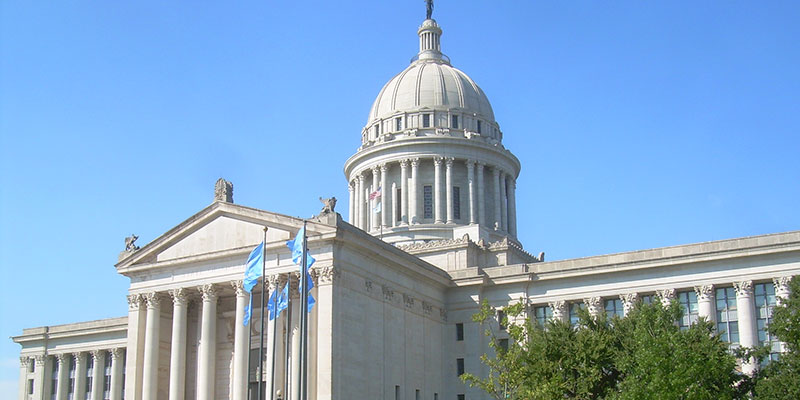Reuters reported today that a large portion of US farm aid went to the wealthiest farmers and advocacy group.
More than half of the Trump administration’s $8.4 billion in trade aid payments to U.S. farmers through April was received by the top 10% of recipients, the country’s biggest and most successful farmers, a study by an advocacy group showed on Tuesday.
Highlighting an uneven distribution of the bailout, which was designed to help offset effects of the U.S.-China trade war, the Environmental Working Group said the top 1% of aid recipients received an average of more than $180,000 while the bottom 80% were paid less than $5,000 in aid.
The EWG, a Washington-based non-profit, said it obtained data from the U.S. Department of Agriculture through Freedom of Information Act requests for its research, the results of which could not be independently verified by Reuters.
As we discussed in the documentary, Poverty, Inc. and the PovertyCure DVD Series farming subsidies can have negative impact on both small and medium American farmers as farmers in the developing world.
Smaller farmers in the US have to compete with subsidized big agricultural firms and have to navigate complex regulation that makes their farming more difficult and expensive. Joel Salatin highlights this problem in his book Everything I Want to Do is Illegal. Agricultural subsidies in the US and Europe also distort world markets and can have negative effects on farmers in the developing world who cannot compete free or artificially cheap food that arrives erratically. Here is a short video from Marcel Escobari explaining some of the problems with agricultural subsidies For more on this visit PovertyCure and Poverty, Inc.
